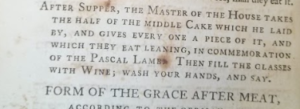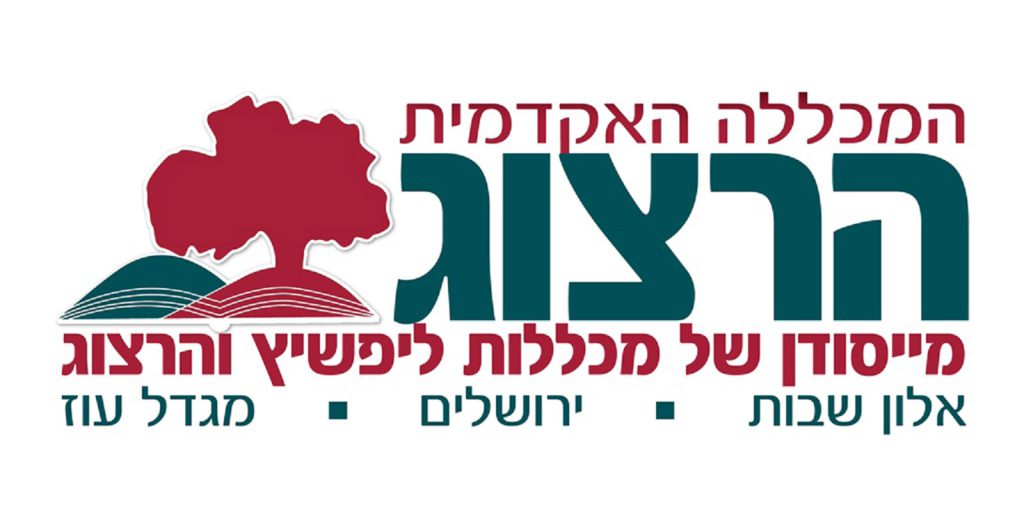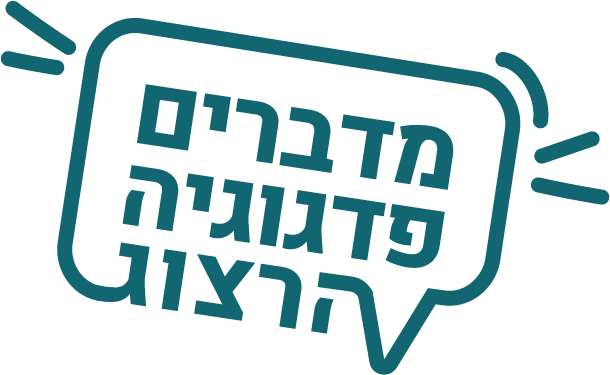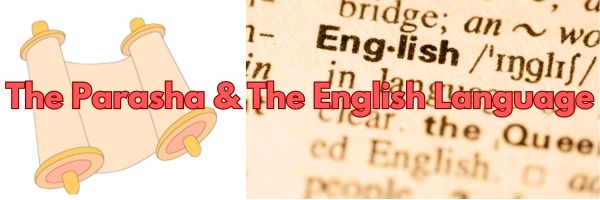In Parashat Eikev, we read the commandment to recite Birkat Hamazon, the Grace After the Meal, after completing our food: “And thou shalt eat and be satisfied, and bless the Lord thy G-d for the good land which He hath given thee” (Deut. 8:10). In the earliest English translations of liturgical books (Siddur, Haggadah, etc.), one can find the surprising translation of Birkat Hamazon as “Grace after Meat”, instead of “Grace after Meal”.

This is not a typo. When these translations were produced, in the late 18th century, “meat” referred to “food in general”. Samuel Johnson’s 1752 dictionary provides two definitions for the word “meat”:
1. Flesh to be eaten, and 2. Food in general.
So, the “meat” of the matter is that “Grace after Meat” was an appropriate translation at the time, but it no longer holds the same meaning.


